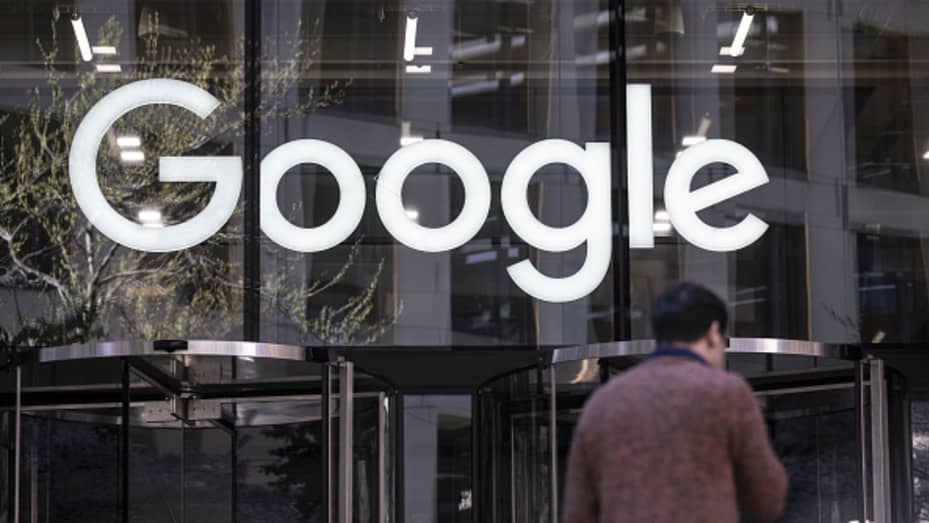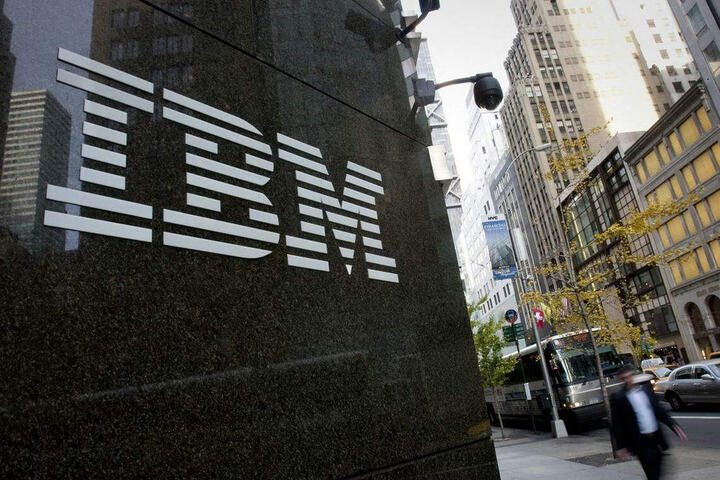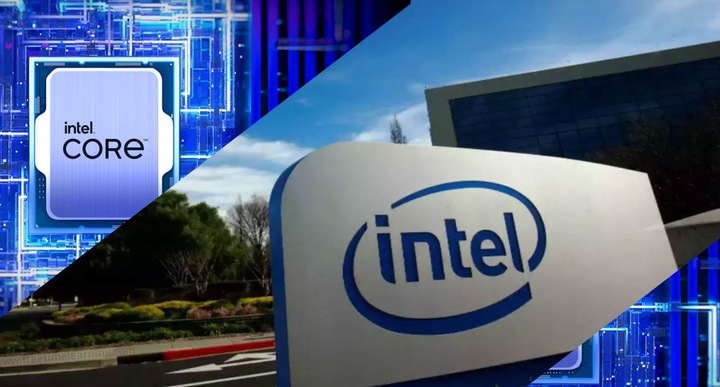Google to block news in Canada over law on paying publishers
Google announced its intention to block Canadian news on its platform within Canada, following in the footsteps of Facebook’s Meta Platforms Inc.
This move comes as a response to a new law, the Online News Act (Bill C-18), which requires payments to local news publishers.

The Canadian media industry has been advocating for tighter regulations on internet giants like Facebook and Google, aiming to allow new businesses to recover financial losses resulting from the increasing dominance of these platforms in the online advertising market.
The Canadian government estimated that news businesses could potentially receive around C$330 million ($249 million) per year from the mandated deals under this legislation.
Also Read: Google lays off staff at its mapping app Waze
However, Heritage Minister Pablo Rodriguez clarified that the platforms are not immediately obligated to comply with the act and expressed the government’s willingness to engage in consultations with them regarding regulatory and implementation processes.
Facebook and Google have argued that the proposed legislation is unsustainable for their businesses. For months, they have hinted at the possibility of blocking news availability in Canada if the act was not amended.
However, the Canadian federal government has resisted making changes, and Prime Minister Justin Trudeau accused the companies of employing “bullying tactics.”
In response to the law, Google’s president of global affairs, Kent Walker, stated in a blog post that they believe the law is unworkable and that the regulatory process would not resolve the “structural issues with the legislation.”
Consequently, Google informed the government that it will remove links to Canadian news from its Search, News, and Discover products within Canada once the law goes into effect. The specific news outlets affected by this decision will be determined based on the government’s definition of “eligible news businesses” when the rules for implementation are finalized.
Furthermore, Google will terminate its News Showcase program in Canada, which involves agreements with 150 news publications across the country. One of these agreements is with Reuters, which produces News Showcase panels, including in Canada.
The Online News Act mandates that online platforms negotiate with news publishers and compensate them for their content. A similar law was passed in Australia in 2021, which led Google and Facebook to threaten to curtail their services in the country. However, both companies reached agreements with Australian media companies after the legislation was amended.
Google argues that Canada’s law is broader than those in Australia and Europe, as it assigns a value to news story links displayed in search results and can potentially apply to outlets that do not produce news content.
Google has proposed that payment should be based on the display of news content itself, rather than links and that only businesses adhering to journalistic standards should be eligible for compensation.

I am a law graduate from NLU Lucknow. I have a flair for creative writing and hence in my free time work as a freelance content writer.





